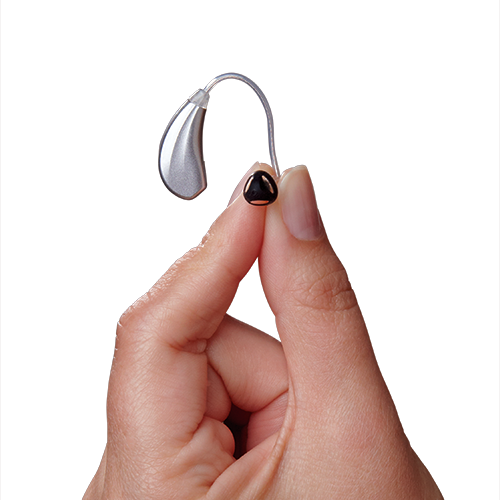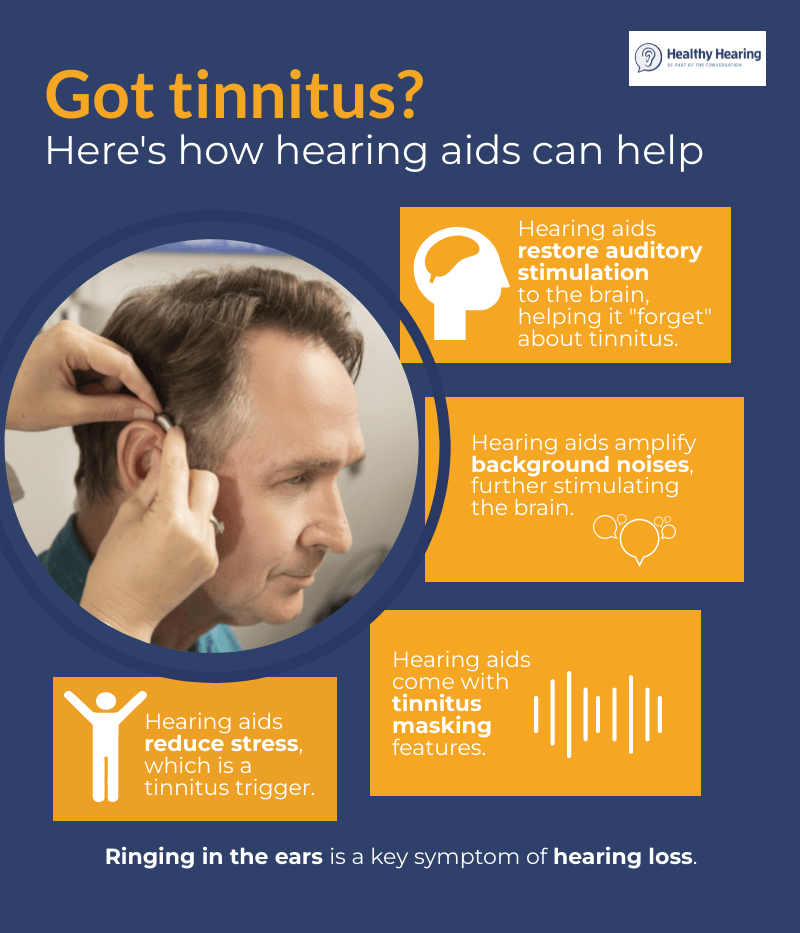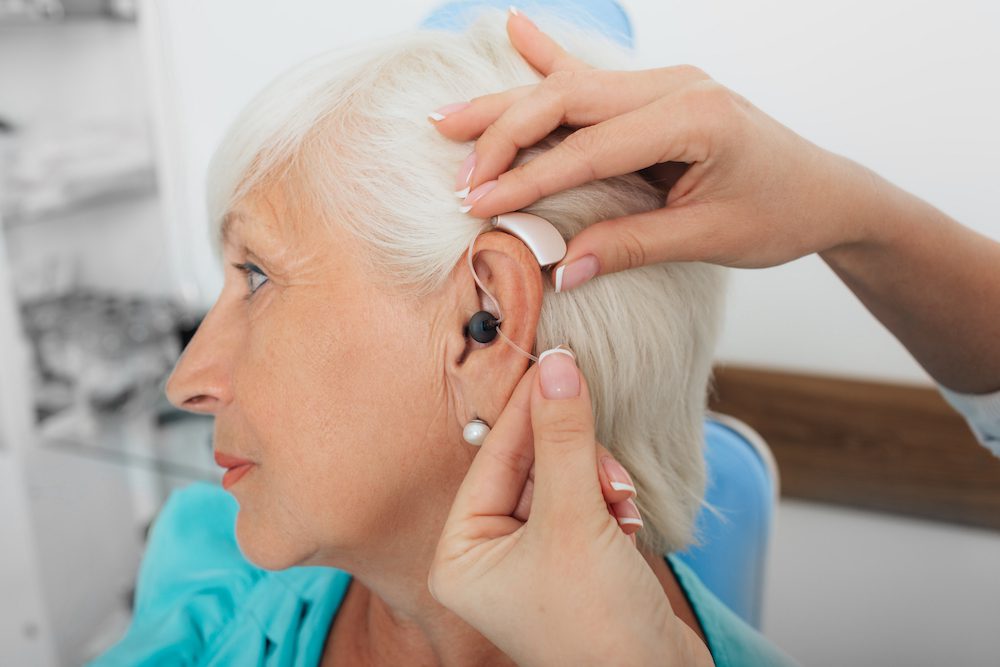As many as 15% of the global population experience tinnitus, commonly known as ringing in the ears. This condition can be distressing, leading to anxiety, sleep disturbances, and decreased quality of life. The link between hearing loss and tinnitus has been established, highlighting the need for effective treatments. Hearing aids have risen as a popular option among those with hearing impairments, prompting the question: will a hearing aid help with ringing in the ears?

will a hearing aid help with ringing in the ears
Individuals seeking solutions for tinnitus often look for information on how hearing aids can alleviate their symptoms. For many, the initial challenge is to understand the nature of their hearing loss, as it may vary significantly from one individual to another. Advances in technology have led to hearing aids that are not only effective in amplifying sound but can also include features specifically designed to help manage tinnitus, such as sound masking and white noise capabilities. Therefore, understanding the right type of hearing aid to purchase becomes essential.

will a hearing aid help with ringing in the ears
Understanding Tinnitus and Its Symptoms
Tinnitus is characterized by the perception of noise or ringing in the ears when no external sound is present. The sounds can vary, perceived as ringing, buzzing, hissing, or even clicking. The severity of these symptoms can be influenced by several factors including age, exposure to loud noises, and underlying health conditions.

will a hearing aid help with ringing in the ears
Tinnitus can coexist with hearing loss, and studies suggest that nearly 90% of people with tinnitus also exhibit some degree of hearing impairment. This overlap suggests that hearing aids may be a viable option for those experiencing both issues. Hearing aids amplify external sounds, which can help mask the internal sounds of tinnitus, providing noticeable relief to users.

will a hearing aid help with ringing in the ears
How Hearing Aids Work in Managing Tinnitus
Modern hearing aids come equipped with sophisticated technology that goes beyond simply amplifying sound. They use advanced algorithms to identify background noise and enhance speech clarity while reducing ambient sounds that can exacerbate tinnitus. Some models offer built-in sound therapy features that play soothing sounds, which can help distract the brain from the persistent ringing in the ears.

will a hearing aid help with ringing in the ears
Experts suggest that if hearing loss is diagnosed alongside tinnitus, a hearing aid should be considered. A 2020 study from the American Tinnitus Association highlighted that nearly 60% of participants reported significant improvement in their tinnitus when using a hearing aid. This underscores the importance of a comprehensive evaluation by an audiologist to find the best solution tailored to individual needs.
Choosing the Right Hearing Aid for Tinnitus Relief
Choosing a hearing aid involves understanding the different types available, from behind-the-ear (BTE) to in-the-ear (ITE) models. Each design offers varying levels of comfort, visibility, and functionality. Users should consult with an audiologist who can assess their specific condition and recommend appropriate devices.
Additionally, certain brands market specific tinnitus management features. For instance, devices from Phonak and Oticon include advanced tinnitus-relief sound options. It is advisable to trial devices, if possible, to determine which offers the most comfort and effectiveness in managing symptoms.
Supporting Evidence and Expert Opinions
Numerous studies and expert opinions support the use of hearing aids in managing tinnitus. The National Institutes of Health (NIH) [1](https://www.nih.gov) suggests that sound therapy in conjunction with hearing aids can significantly reduce the perception of tinnitus for many patients. Audiologists emphasize the importance of a personalized approach, often recommending cognitive behavioral therapy alongside the use of hearing aids to address the psychological impacts of tinnitus.
Additionally, organizations such as the American Academy of Audiology offer resources and guidelines on the effective use of hearing aids for managing tinnitus [2](https://www.audiology.org). Users are encouraged to consult with healthcare providers to develop a comprehensive management plan that addresses both hearing loss and tinnitus symptoms effectively.
Real-Life Experiences and Recommendations
Sharing experiences from real users can provide insight into how hearing aids can help. For instance, Mark, a 62-year-old retired teacher, shares, “Since I started using hearing aids to address my hearing loss, the ringing in my ears has become less intrusive. The sound therapy feature allows me to mask the ringing with gentle sounds.” His experience reflects a common sentiment among users who have found relief through hearing aids.
Similarly, Sarah, a 50-year-old office worker, states, “My audiologist recommended a specific model with tinnitus relief features, and I’ve noticed a significant difference in my daily life. I can focus better at work and enjoy social gatherings without the constant distraction of the ringing.” These testimonials emphasize the need for personalized solutions to effectively manage tinnitus through hearing aids.
FAQ
Can hearing aids completely cure tinnitus?
Hearing aids cannot cure tinnitus, but they can significantly alleviate symptoms. Many users report reduced perception of ringing sounds when using hearing aids. It’s essential to consult a healthcare professional for a comprehensive treatment plan tailored to individual needs.
What features should I look for in a hearing aid for tinnitus?
When choosing hearing aids for tinnitus, consider models with sound therapy features, noise masking capabilities, and high-quality amplification. Consulting with an audiologist can help identify the best options suited to your condition.
Is it necessary to see a professional for a hearing aid?
Yes, it’s crucial to see a professional for hearing evaluations and personalized recommendations. An audiologist can properly diagnose your hearing loss and suggest the most effective hearing aid options for your tinnitus.
Are there any specific brands recommended for tinnitus relief?
Brands like Phonak and Oticon offer hearing aids with specialized tinnitus management features. It’s advisable to explore various options and consult with an audiologist to find the best fit for your needs.
How long does it take to adjust to a hearing aid?
Adjustment periods vary; some users may acclimatize within days while others take weeks. Consistent use and follow-up consultations with your audiologist can aid adjustment and optimize performance.
Conclusion
In summary, hearing aids can be a valuable tool in the management of tinnitus, especially for individuals experiencing hearing loss. Given the prevalence of tinnitus and its impact on quality of life, employing hearing aids with specialized features can lead to significant improvements. Remember to consult with your audiologist to explore the best options available. Relief from tinnitus may be just a hearing aid away—take the first step toward a quieter tomorrow!